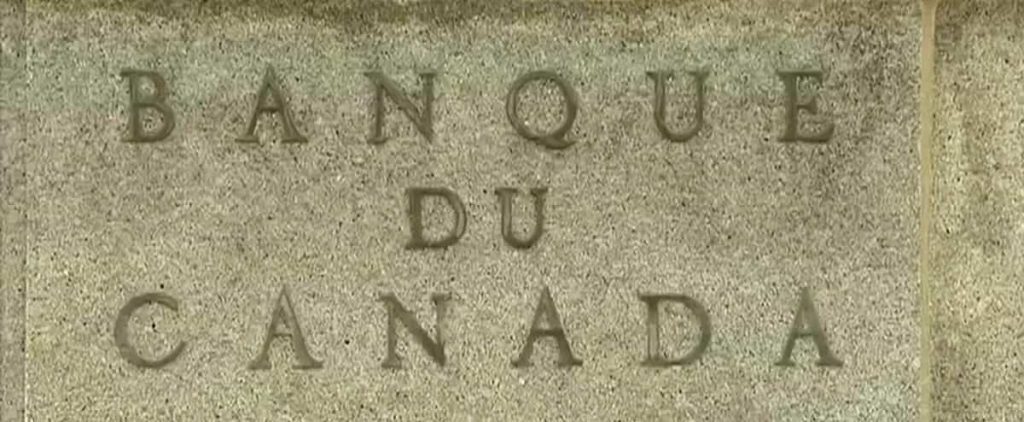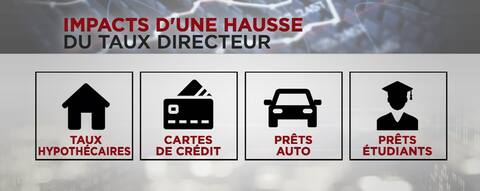
The Bank of Canada may raise its key rate by 75 basis points on Wednesday, the biggest increase since 1998.
This increase will be felt in many common allocation areas.
“We put purchases on our mortgage to save,” said one passerby.
Along with mortgage rates, credit cards, car loans and student loans will feel the effects of this increase in key rates.
This increase directly affects the repayment amounts under home loans. “This is a variation in the level of mortgage payments between $26 and $39 per $100,000 installment of the mortgage according to the announced increase,” noted a mortgage manager on the Ratehub.ca site. Also, he advises to “plan ahead two or three increments and not rely on the current increment”.
Credit card holders may also have to pay higher balances. As of August 1, the minimum payment will increase from 3% to 3.5%.
“We are not opposed to increasing the minimum payment to complete the repayment of his debts. If you only make the minimum payment, you have 123 years and 8 months to pay back,” adds Cooperative Association of Family Economics speaker, Francine Hamel.
Canada’s debt ratio has never been higher. It will reach 186% by the end of 2021, which is an alarming trend. The Bank of Canada expects more hikes before the end of 2022, but some experts predict the end of the hike could come sooner.






More Stories
Sportswear: Lolle acquires Louis Garneau Sports
REM is still innovative enough to foot the bill
A trip to the restaurant with no regrets for these customers